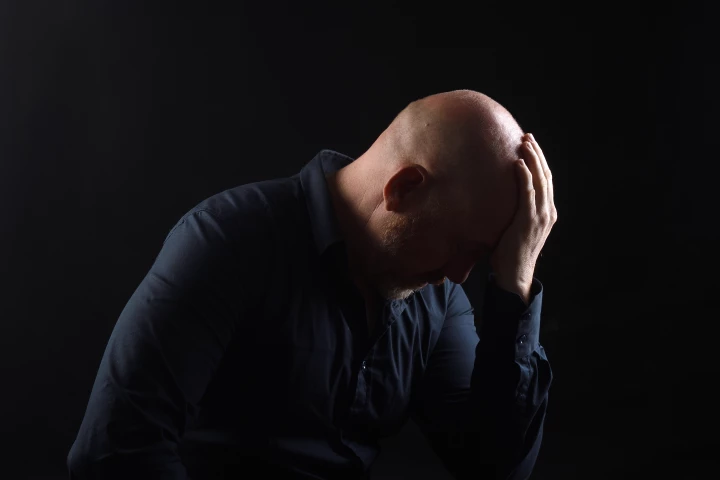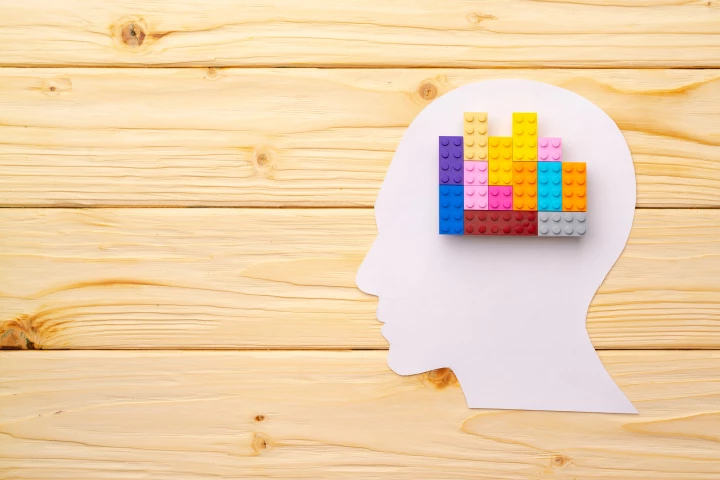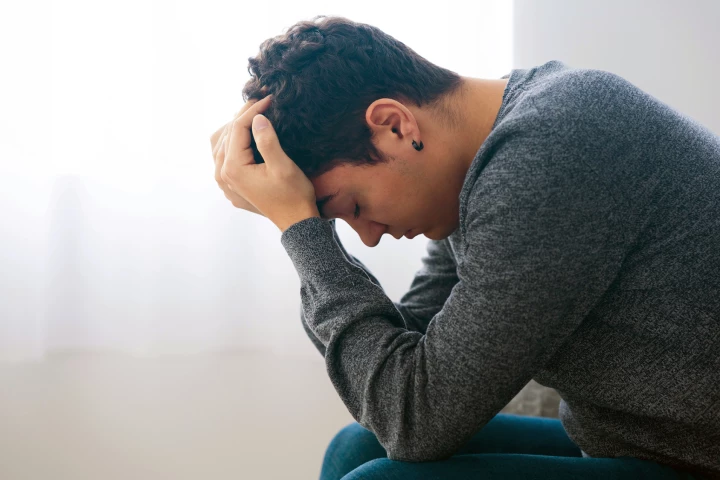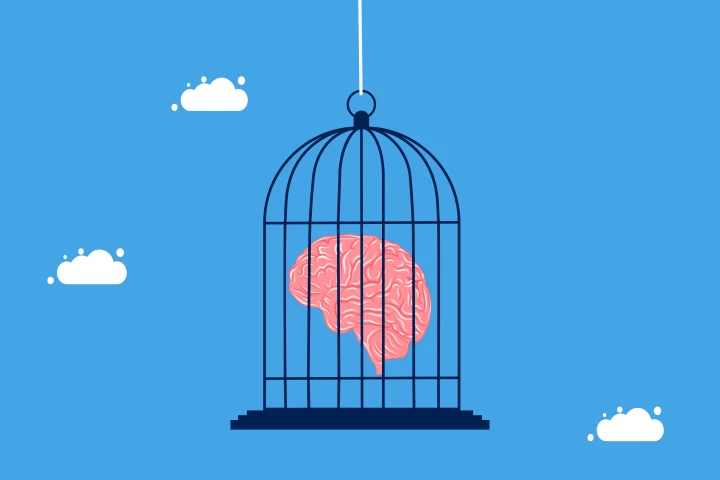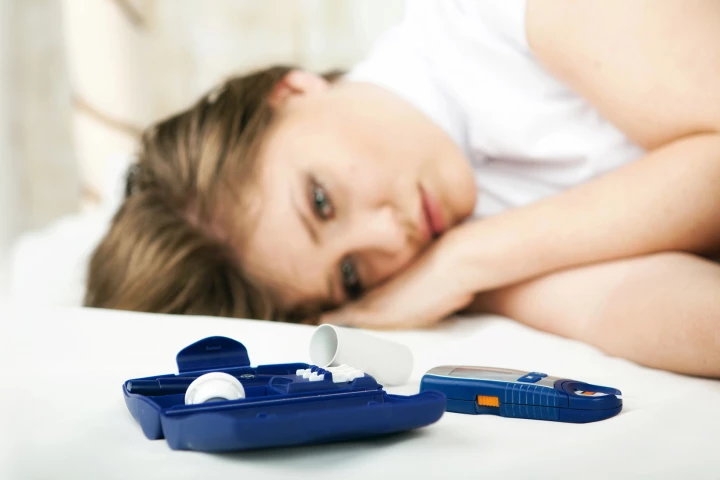Depression
-
Nitrous oxide, known as laughing gas, has shown rapid antidepressant effects in people with depression, with symptoms easing within hours of inhaling it. The treatment involves breathing in a mix of nitrous oxide and oxygen for up to an hour.
-
In a landmark shift in how mental health conditions are treated in the near future, the US Food and Drug Administration has approved the first at-home brain-stimulation device that can rapidly relieve moderate to severe depression symptoms.
-
There's a well-established link between depression and chronic low-grade inflammation. Now, a new meta-study shows that treating the inflammation can reduce depression in two ways, offering a potential alternative to antidepressants and their side effects.
-
In the most comprehensive investigation of the ketogenic diet’s mental health effects yet, researchers pooled 50 studies spanning six decades to see what we actually know about its influence on mood. The results are a mix of promising and uncertain.
-
Survivors of childhood trauma experience high risk for depression. If they have high levels of SGK1 in their brain tissue, they’re at greater risk. Combined with genetic screening for the protein, SGK1 inhibitors could be a life-saving intervention.
-
One of the brain’s biggest benefits from exercise – the birth of new neurons – may not even require any movement. Instead, the beneficial “packages” circulating in the blood after working out can be successfully transferred to others.
-
A new review reveals finasteride users face higher risks of depression, anxiety, and suicidal thoughts. Concerns about the drug's underreported mental health side effects prompt calls for stricter regulation.
-
Chronic stress can rewire the brain, leading to a host of mental health issues. Now, scientists believe that one small sugar-adding process may act as a switch for depression, providing new insights into mood disorders – and a new target to treat them.
-
A new study shows that a personalized, precise form of brain stimulation, HD-tDCS, can rapidly ease depression symptoms – and even reduce anxiety – offering a promising drug-free alternative with only mild side effects.
-
This year a clinical trial will test a drug combination designed to bring lasting relief for people with panic disorder – a condition that can upend daily life and be notoriously difficult to treat. No new medications have been approved since 2003.
-
If you feel your morning coffee puts a spring in your step, science has your back. In the first large-scale real-world study of its kind, researchers found that caffeine can significantly improve mood under certain conditions – especially in the morning.
-
Inflammation may predict how well people with diabetes respond to depression treatment, and the effects differ dramatically between type 1 and type 2 diabetes, according to a new study that offers a path towards personalized mental health care.
Load More






